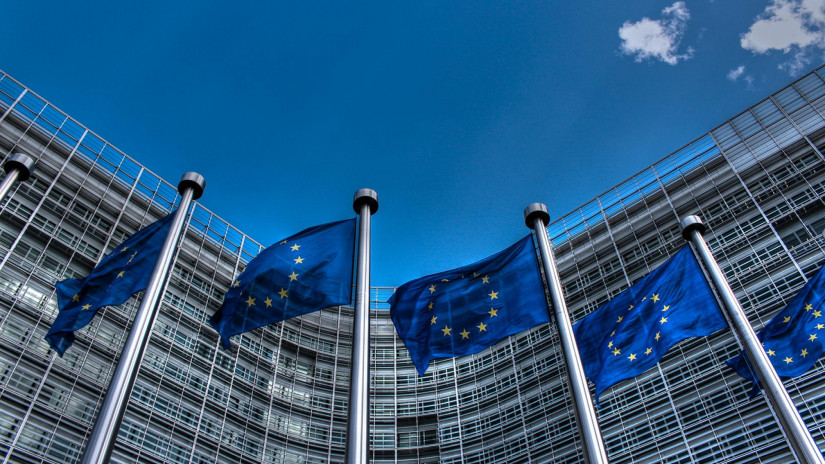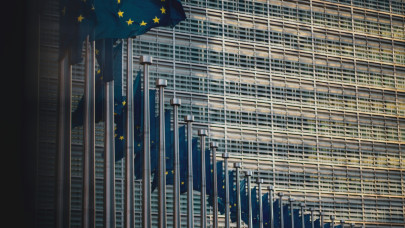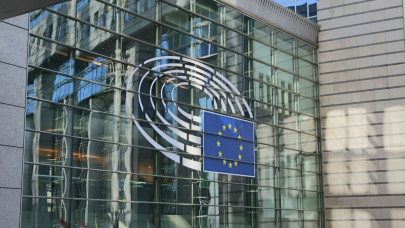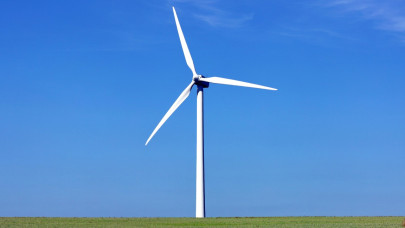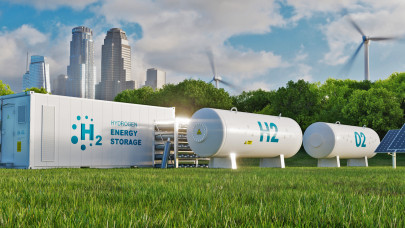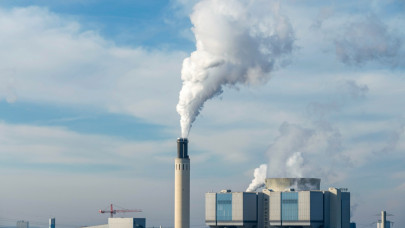Hungary notified the Commission, under the Temporary Crisis and Transition Framework, a €2.36 billion (approximately HUF 880 billion) Hungarian scheme for accelerated investments in strategic sectors to foster the transition to a net-zero economy.
”This €2.36 billion Hungarian scheme will support investments towards a net-zero economy. The scheme is open to strategic sectors producing batteries, solar panels, wind turbines, heat pumps, electrolyzers, equipment for carbon capture usage and storage, and key components for such equipment. It will support investments and help Hungary to integrate renewable energy in its economy, without unduly disturbing competition”, says Margrethe Vestager, Executive Vice-President in charge of competition policy.
Under this measure, the aid will take the form of direct grants, and/or tax advantages.
The measure will be open to companies producing relevant equipment, namely batteries, solar panels, wind turbines, heat pumps, electrolyzers, equipment for carbon capture usage and storage, as well as key components designed and primarily used as direct input for the production of such equipment or related critical raw materials necessary for their production.
The Commission found that the Hungarian scheme is in line with the conditions set out in the Temporary Crisis and Transition Framework. In particular, the aid will incentivize the production of relevant equipment for the transition towards a net-zero economy and will be granted no later than 31 December 2025.
The Commission concluded that the Hungarian scheme is necessary, appropriate, and proportionate to accelerate the green transition and facilitate the development of certain economic activities, which are of importance for the implementation of the Green Industrial Plan, in line with Article 107(3)(c) TFEU and the conditions set out in the Temporary Crisis and Transition Framework.
On this basis, the Commission approved the aid measure under EU State aid rules.
On 9 March 2023, the Commission adopted a new Temporary Crisis and Transition Framework to foster support measures in sectors that are key for the transition to a net-zero economy, in line with the Green Deal Industrial Plan. With the amendment to the General Block Exemption Regulation (GBER) that the Commission endorsed on the same day, the Temporary Crisis and Transition Framework will help speed up investment and financing for clean tech production in Europe. It will also assist Member States in delivering on specific projects under National Recovery and Resilience Plans which fall within their scope.
The new Framework amends and prolongs in part the Temporary Crisis Framework, adopted on 23 March 2022, to enable Member States to use the flexibility foreseen under State aid rules to support the economy in the context of Russia's war against Ukraine. The Temporary Crisis Framework has been amended on 20 July 2022, to complement the Safe Gas for a Safe Winter Package and in line with the REPowerEU Plan objectives. The Temporary Crisis Framework was further amended on 28 October 2022 in line with the Regulation on an emergency intervention to address high energy prices and the Regulation enhancing solidarity through better coordination of gas purchases, reliable price benchmarks, and exchanges of gas across borders.

